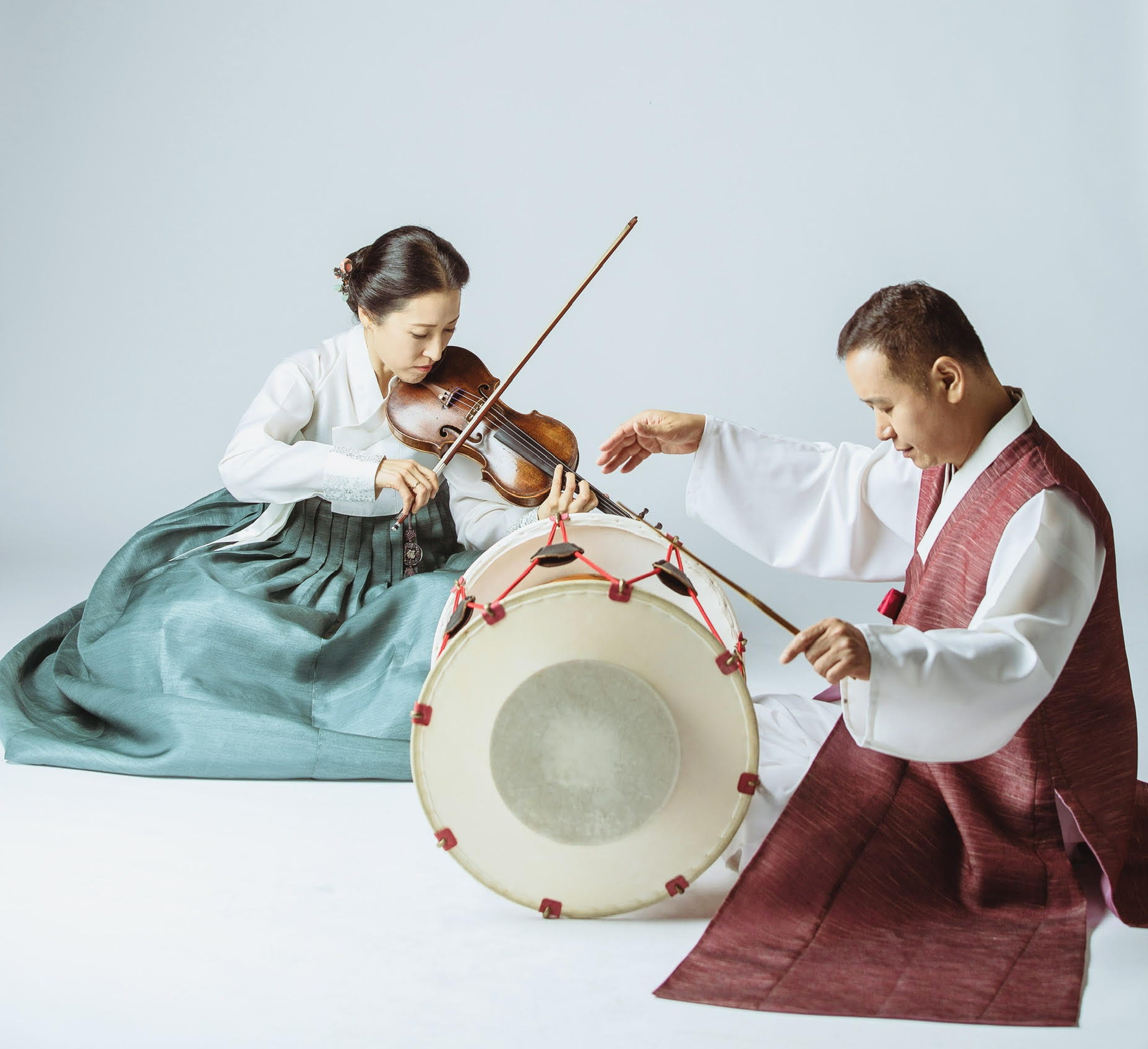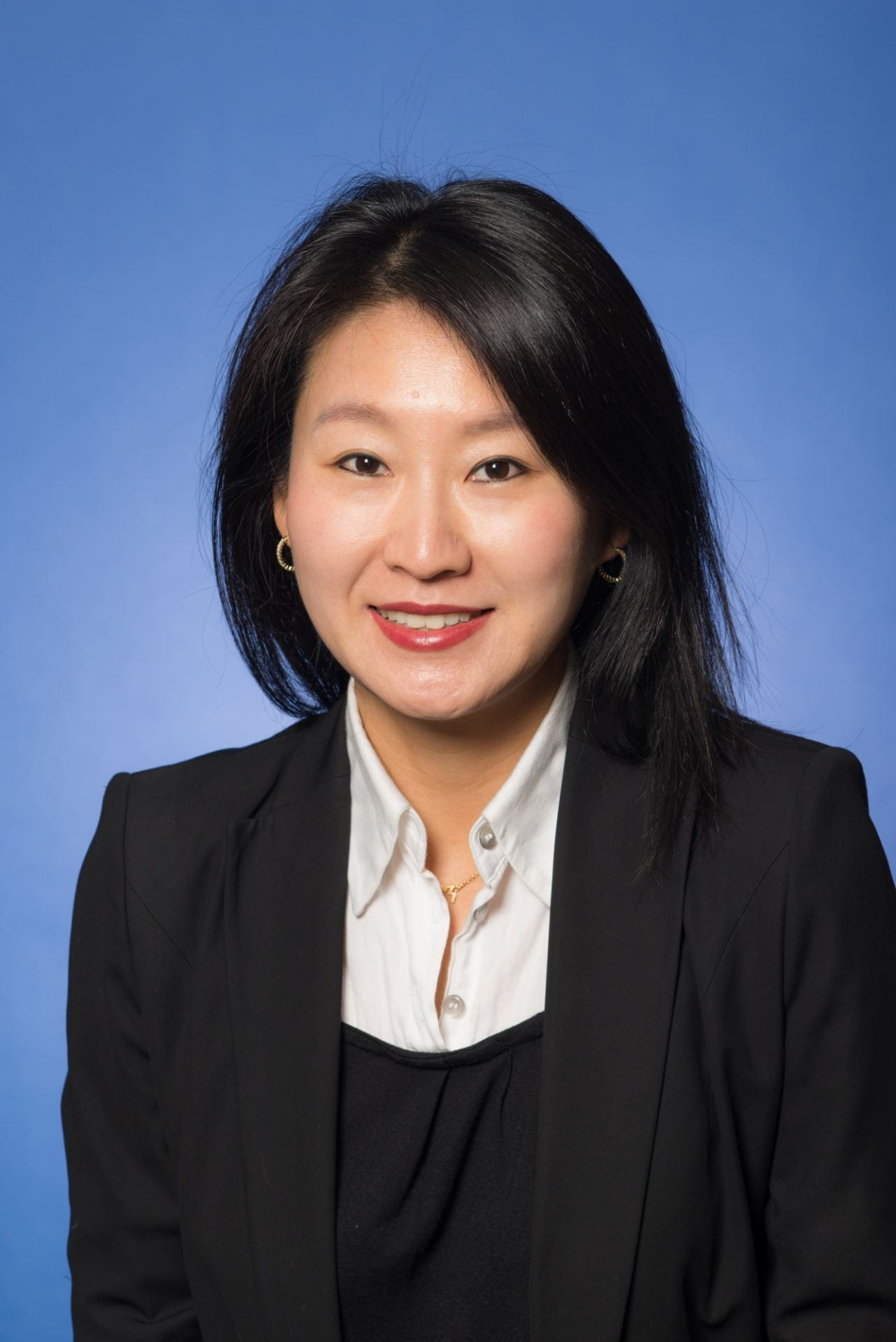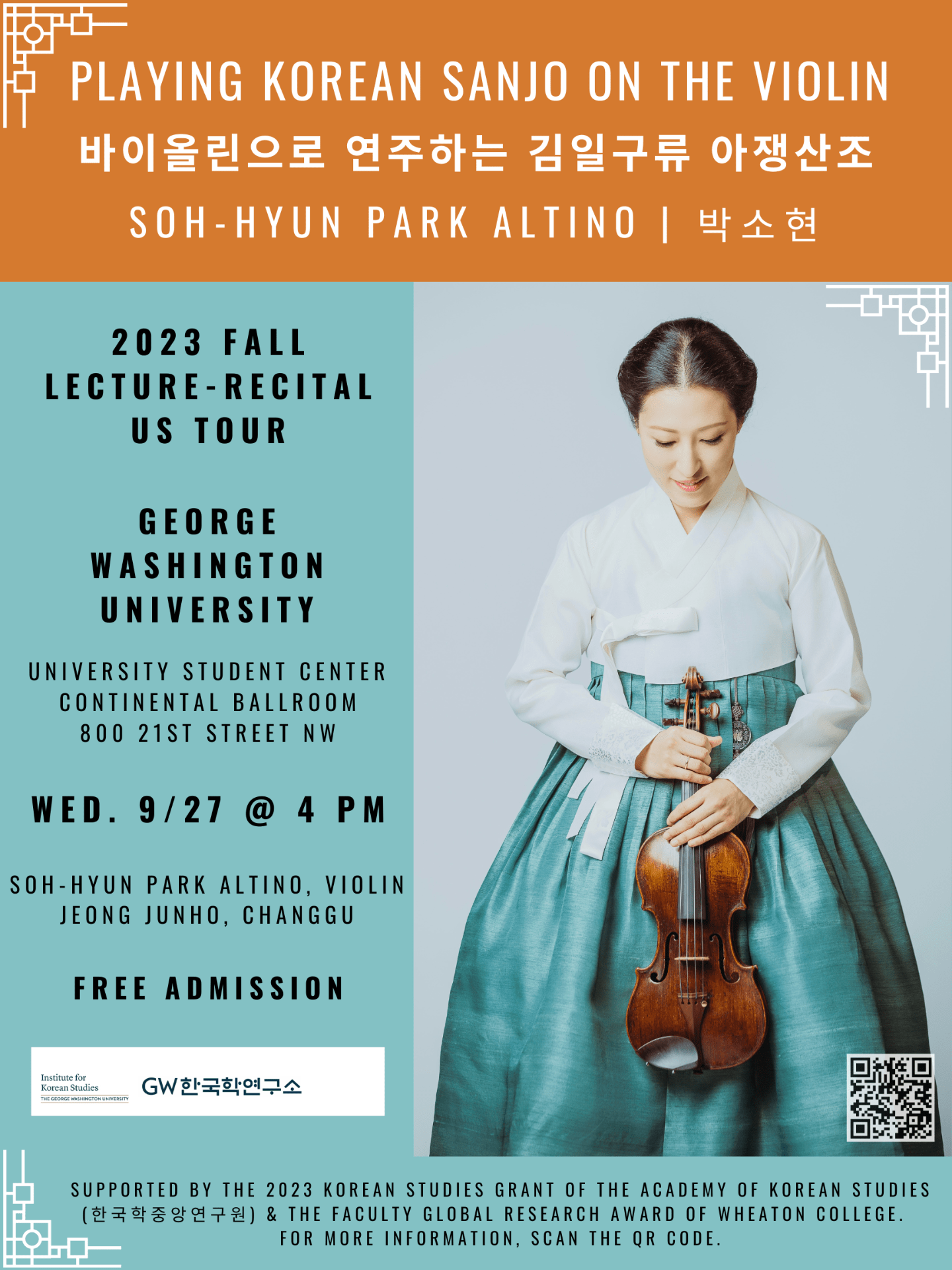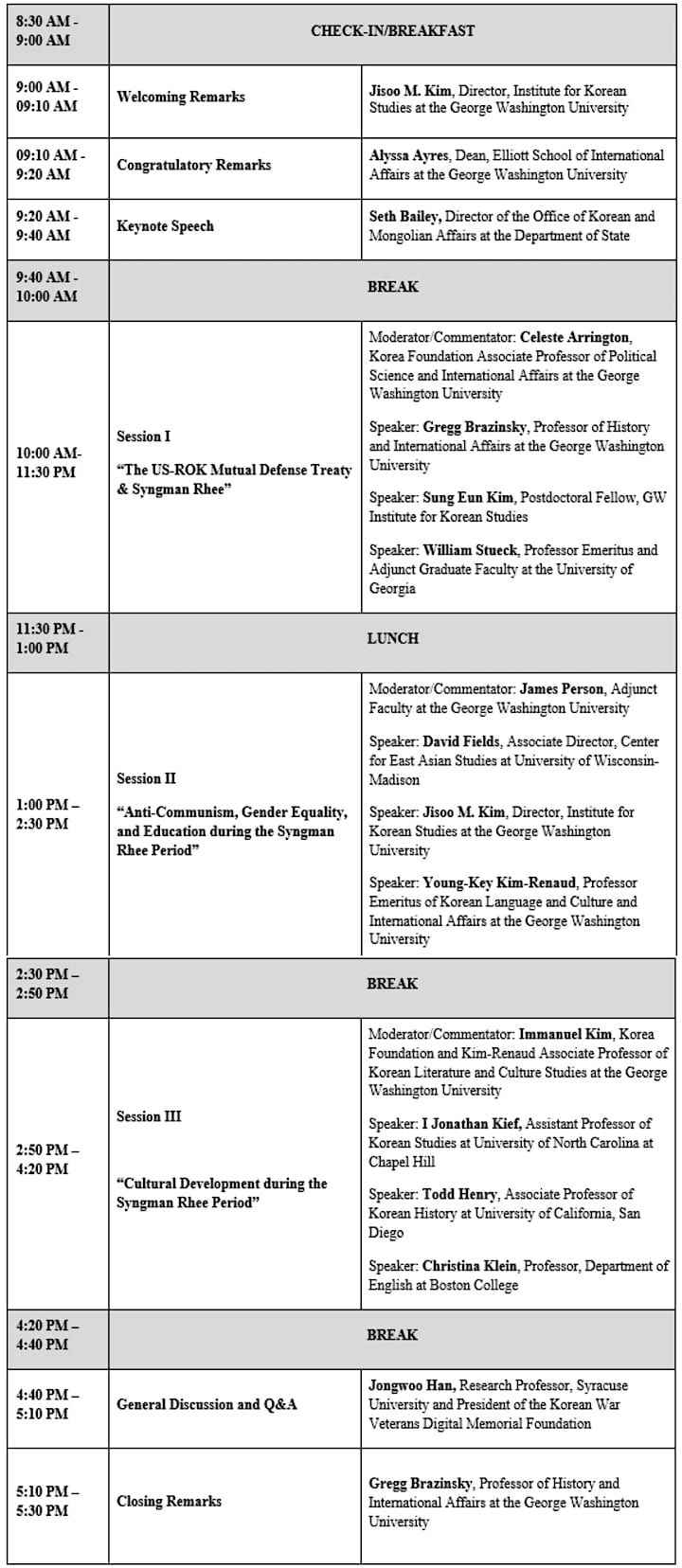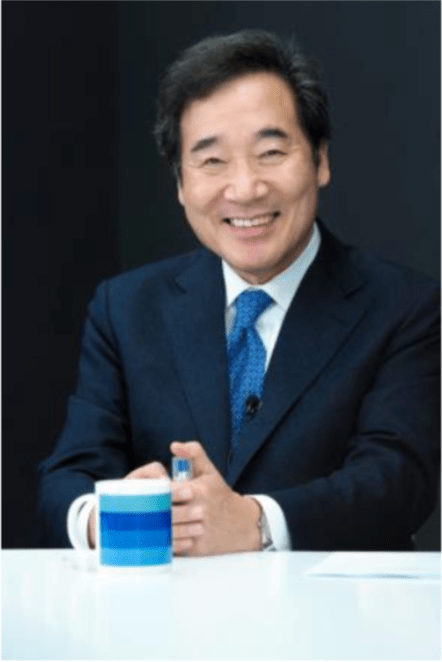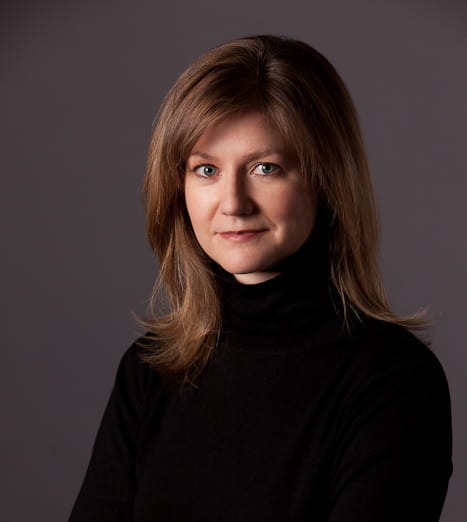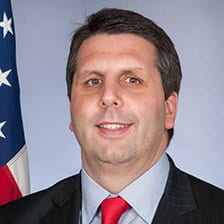Topic: Refugees in South Korea
Background: South Korea joined the Convention Relating to the Status of Refugees in December of 1992 and became the first country in East Asia to have their own Refugee Act taking effect in 2013. Thousands of refugees from conflict zones such as Syria and Yemen seek asylum in South Korea today. Since the outbreak of war in Yemen in 2015 until 2017, only forty-nine Yemenis applied for asylum in South Korea. However, within 2018 alone, 561 escapees landed on Jeju Island as of June 20th, 549 of which applied for asylum. The majority of the refugees are young male from late teens to late 20s. This influx of the refugees ignited an uproar among South Koreans, which resulted in series of protests against entry of refugees where hundreds of South Koreans marched the streets of Seoul and Jeju Island in summer of 2018. According a poll survey conducted in July 2018, 53.4% of South Koreans opposed admitting the entry of Yemeni refugees. Petition demanding the Moon Jae-in administration to stop accepting refugees garnered over 700,000 signatures, the highest number since the Blue House opened its online petition system in 2017. Some of the proclaimed reasons behind the opposition were: cultural conflicts, likely increase in crime rates-especially sex crimes, potential terrorist attacks, and more competition in the already saturated job market. The Blue House responded to the petitions by including Yemen in the list of countries prohibited from entering Jeju Island visa-free, forbidding more Yemeni refugees from entering South Korea to claim refugee status. The Moon administration also prohibited refugees from leaving Jeju Island to enter mainland Korea. On August 1st, Justice Minister Park Sang-ki and the Blue House’s new media secretary, Chung Hye-seung affirmed that withdrawing from the Convention Relating to the Status of Refugees, the international treaty that sets forth basic international obligation toward refugees, nor would it abolish Jeju’s visa-free policy would be realistically problematic. However, in order to comply with the worries of South Koreans, Blue House promised to test refugees for drugs, screening them for a criminal record, and strengthening patrol in Jeju.
Guiding Questions:
– Some European countries, such as France, Germany, and United Kingdom had been accepting refugees long before South Korea. Considering the outcomes of preceding cases in Europe, can we predict the outcome of refugee entry in South Korea?
– What are some of the things to consider when providing asylum for refugees?
– South Korean reaction to Syrian and Yemeni refugees are quite different from that to North Korean defectors. What could be the reason for that?
– According to a recent survey, the groups that expressed strongest objections to refugee admission were: women (61%), middle-class (62%), and people in their 20s (70%) and 30s (66%). This is unusual because women and younger generation tend to lean left, the side more open to immigrants and refugees. Why do you think that these groups that usually comprise high percentage of more liberal values would also be the ones opposing strongest?
The questions above are only suggestions; please feel free to take your own creative approach to the topic!
Submission Instructions:
– Posts should be approximately 300-1,000 words.
– Submissions will be accepted until Saturday, January 5th.
